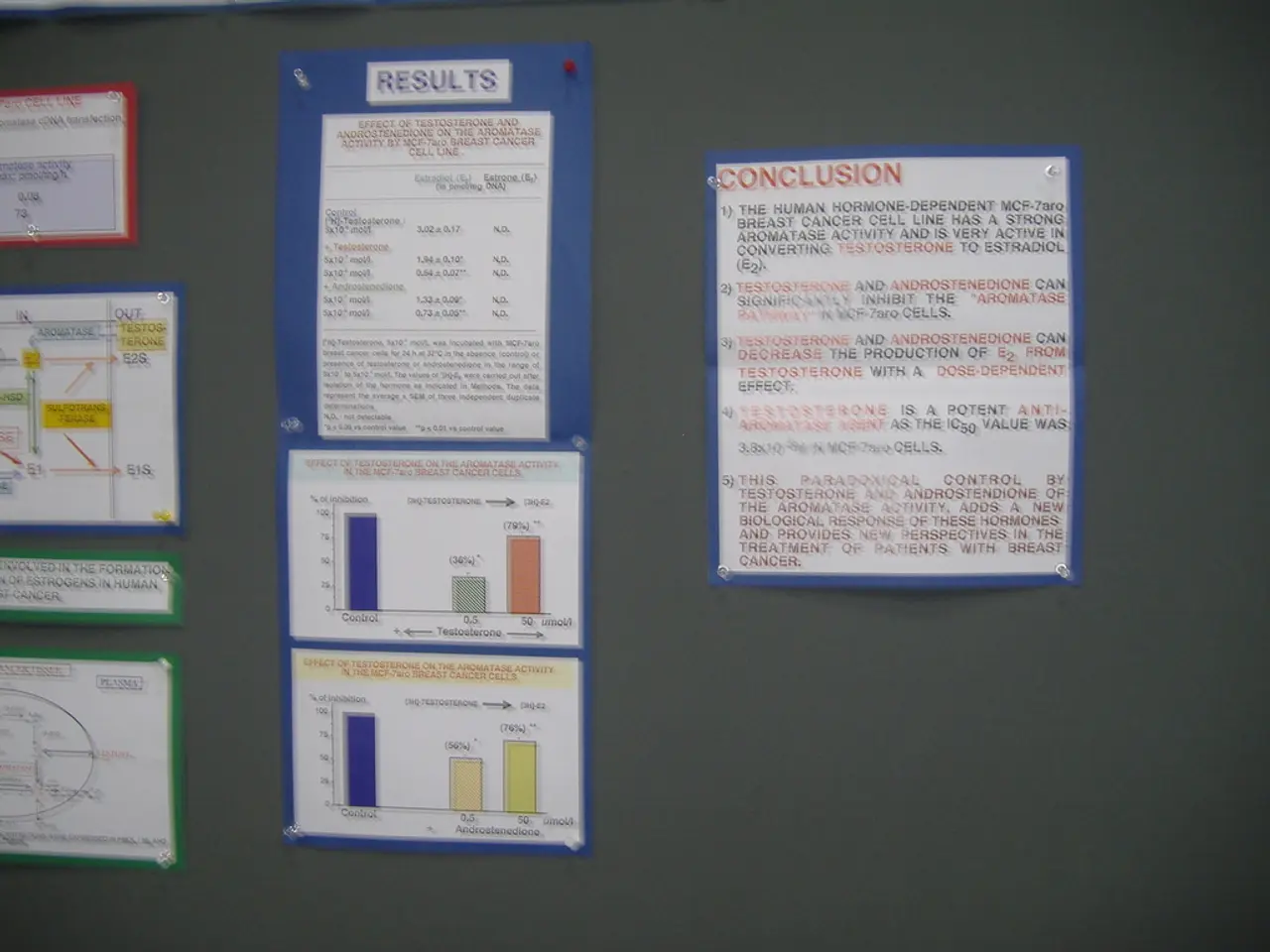Fed's proposed modifications to the stress capital buffer draw criticism from Warren, who strongly opposes the changes.
Senator Elizabeth Warren, a Democrat from Massachusetts, has voiced her opposition to the Federal Reserve's proposed changes to bank capital rules, particularly those related to stress testing methodologies. The Senator has expressed concerns that these changes could weaken safeguards on large banks and increase financial system fragility, particularly amid growing economic uncertainty.
In August 2025, Warren urged the Fed to activate a countercyclical capital buffer to strengthen bank resilience, criticizing the Fed for "weakening big bank safeguards at the worst possible moment." She has also criticized regulatory reforms that might be increasing systemic risks.
One of the contentious proposals is the Fed's plan to include the option of asymmetric averaging in stress test calculations. Warren argues that this approach is designed to ensure the weakest possible capital requirements and highest possible shareholder payouts. She also objects to the Fed's suggestion of eliminating a stress capital buffer dividend add-on, citing a lack of detailed analysis in the proposal.
The Fed's proposed changes are intended to reduce year-over-year fluctuations in capital requirements due to stress tests. However, Warren argues that these changes would provide more certainty to banks regarding their stress capital buffer requirement year-to-year, which she believes is the opposite of what stress tests are designed to provide.
Warren's concerns are not isolated. Trade groups have previously sued the central bank, arguing that stress test models are "adopted in secret" and produce "vacillating and unexplained requirements and restrictions on bank capital."
The Fed has scheduled a conference on July 22 to focus on the effectiveness of capital requirements for large banks and potential revisions to them. Topics such as Basel III endgame rules, the stress testing framework, and capital surcharges for global systemically important banks are expected to arise at the conference.
In 2020, the Fed eased capital requirements by watering down key stress testing assumptions, including by eliminating a requirement that big banks pre-fund nine quarters of planned dividends and buybacks. This move, according to Warren, could potentially increase financial system risks.
Despite these concerns, six of the U.S.'s seven largest retail banks have announced increases in dividends they give to shareholders, with Goldman Sachs increasing its dividend by 33%. All 22 banks that participated in the Fed's stress test this year have sufficient capital to endure a 30% decline in commercial real estate prices and a 33% plunge in housing prices.
As the debate continues, the Fed plans to propose additional changes to stress-test transparency this year, including disclosing and seeking public comment on stress test models and hypothetical scenarios. The Fed acknowledges a countercyclical design in stress testing, making this year's exam less crushing than its predecessor.
In the meantime, Warren continues to advocate for robust bank capital and financial stability, framing any regulatory rollbacks that reduce capital requirements or weaken stress testing measures as prioritizing shareholder returns over financial stability and raising the risk of a repeat of vulnerabilities that contributed to the 2008 crisis.
[1] Senate Banking Committee, Letter from Senator Elizabeth Warren to Jerome Powell, Chairman of the Federal Reserve, August 10, 2025. [2] The Hill, Warren slams Fed for 'weakening big bank safeguards', August 12, 2025.
In the ongoing discourse on bank capital rules, Senator Elizabeth Warren criticizes a proposed Federal Reserve (Fed) plan to include asymmetric averaging in stress test calculations, as she believes it would prioritize weak capital requirements and maximum shareholder payouts. Moreover, Warren voices her opposition to the Fed's elimination of a stress capital buffer dividend add-on, highlighting a lack of thorough analysis in the proposal.




